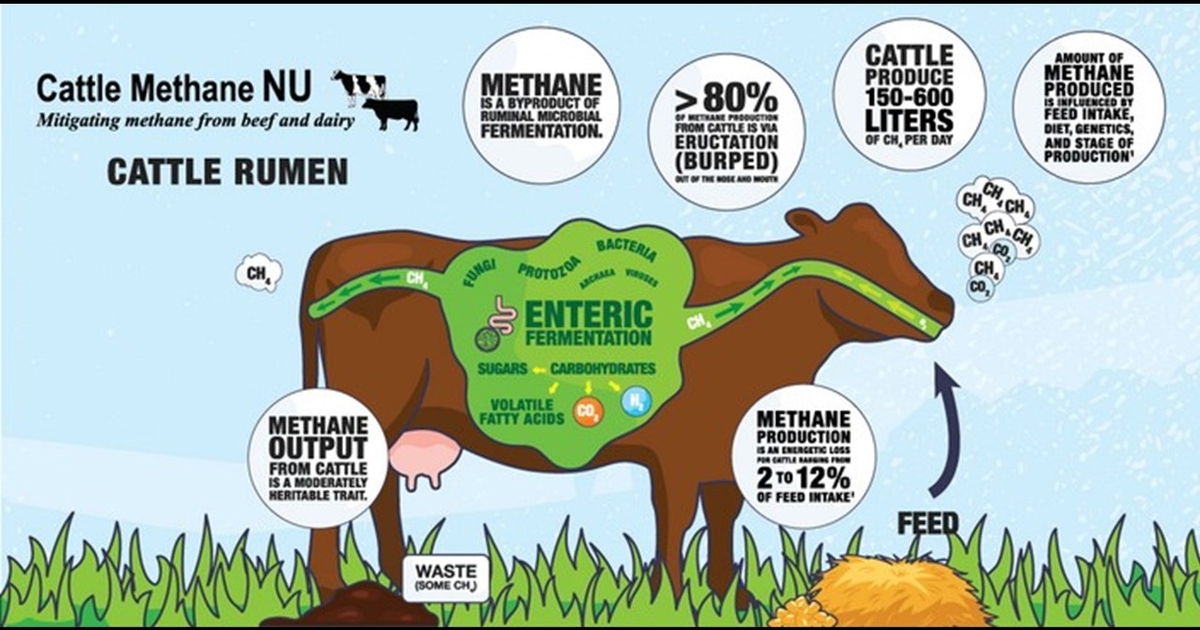FDA establishes four Animal and Veterinary Innovation Centers
Posted on September 20, 2024
Source: Farm Progress. The original article is posted here.

The three areas of concentration for the AVICs focus on:
Highly pathogenic avian influenza and emerging zoonotic disease threats or One Health issues
Intentional genomic alterations in animals and the advancement of regulatory science in this field, with a focus on IGAs that support agricultural resilience, food security, animal health or public health
Unmet veterinary medical needs in both minor and major species that create a significant animal or public health burden
The four recipients of funding are below, as described in their proposals:
University of Wisconsin-Madison, for research to explore the development of genome-edited chickens to reduce susceptibility or provide resistance to HPAI and other avian viruses by genetically targeting pro-viral host factors, antiviral proteins, or viral genes.
University of California at Davis, for work on IGAs in major livestock species to advance the use of gene editing technologies in food animals, while generating and sharing both phenotypic and bioinformatic data to support a science-based approach to the regulation of IGAs in food animals.
Kansas State University, for work to develop models which reliably and consistently evaluate the efficacy of analgesics in food animals in support of new drug approvals. This work supports pain relief in pigs, goats and cattle for painful diseases or surgical pain.
University of Arkansas, for work to determine the infectivity and formation of cyst-like Histomonas meleagridis (the causative agent of blackhead disease in turkeys) in vitro and in vivo ; identify the cellular pathways mediating encystation in H. meleagridis ; and screen and assess potent inhibitors against encystation of H. meleagridis in vitro and in vivo .
The partnerships were chosen through a competitive cooperative agreement process to establish the AVICs and address critical animal, human or environmental health needs in one or more priority areas. Funding is renewable up to four years pending suitable progress and availability of funds. The agency’s Notice of Funding Opportunity will remain open for other application opportunities. The center intends to work with Congress and partners to expand this new initiative to support robust innovation in the animal and veterinary medical sectors.

.jpg?disable=upscale&width=1200&height=630&fit=crop)


